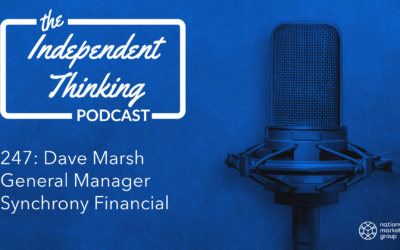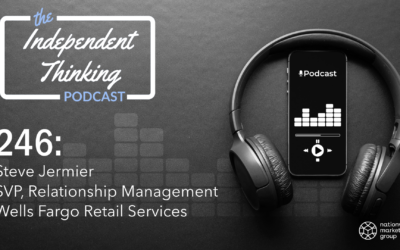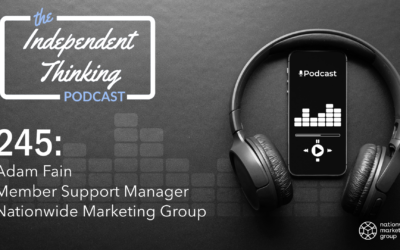Years ago on an appliance sales floor, a customer once asked me, “Would you buy a warranty on this thing even though we are in a recession?” My answer: “Sir, your appliance has no knowledge of the economy, and you will be either glad you bought the warranty or kicking yourself for not buying it if this unit does need repair.”
The year was 2009, and the economy was experiencing a difficult stretch and jobs, and expendable incomes were hard to come by. Admittedly, it was a bit of a snarky response for me, a salesperson, to say to a customer. However, it was true then and is still true today. As salespeople, we know the reality of the products we sell – accidents happen to furniture and a percentage of appliances experience breakdowns, and the economy has absolutely nothing to do with that fact.
We may turn on the news and hear of inflation, rising costs, unfilled jobs, or as my grandfather puts it, “Hard work and low wages.” The economy fluctuates. Consumer confidence rebounds and will do so again, but what should neverchange is our commitment to earnestly offering a protection plan to every customer that purchases product from our stores. Even if the ticket total begins to creep past the customer’s originally stated budget, you should give them the full opportunity to add coverage on their product. The last thing we should do is decide for ourselves that the protection plan is ‘too expensive’ for the customer and, in turn, neglect to offer it.
Should your pitch change based on economic stresses? Maybe you put more emphasis on the financial benefit of having repairs or replacements covered. In easier economic times, perhaps you focus more on the benefit of having any extra feature covered by protection plans.
When we train salespeople on adding protection plans, we start by asking this: “Is it bad if a customer buys a warranty and never has to use it?” The obvious answer is “No, that means their product worked great.” The follow up question we ask is this: “Is it bad if a customer buys a warranty and does experience a breakdown, but then is covered by the protection plan?” Again, the obvious answer is, “No, they are very glad they bought it.”
So, what we’ve learned there is that in the overwhelming majority of scenarios, it is a great choice for a customer to add coverage.
These facts do not change in any economy. Ask these questions in your next sales meeting when discussing warranty attachment with your sales staff. I think you’ll find that it is not consumer confidence that affects warranty attachment rates, rather, it is salesperson confidence.
For more tips on training to both sell and manage protection plans, please visit the Nationwide Learning Academy on Membernet.




